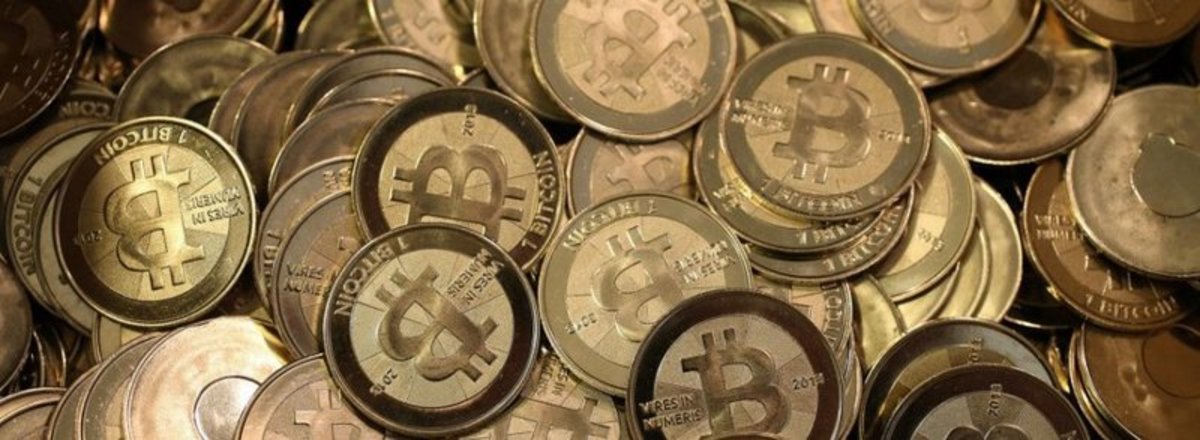
Cinco de Mayo 1862 – Mexico’s army came to an unlikely victory over the French at the Battle of Puebla. Today, Mexico’s army of Bitcoiners are fighting to revolutionize the financial system.
Mexico is a key market for Bitcoin because Mexico is the fourth largest destination for remittance payments, totaling about 22 billion USD in 2013 according to the World Bank. Currently remittance payments are packed with fees in all parts of the process; using Bitcoin can drastically reduce these fees. Remittance payment fees from the US to Mexico are some of the lowest in the world. Fees of payments going to Africa can reach over 10 but fees of money sent to Mexico can be lower than 2, although this can be misleading, because companies can then use a lower than market exchange rate.
Not only can Bitcoin reduce the fees in remittance payments, but Bitcoin is also faster than the traditional system. A person in the US can go to a Bitcoin ATM, convert their cash to BTC, send it and the receiver can then go to a Bitcoin ATM in Mexico and convert their BTC to pesos, while ACH transfers can take over three days. People going to remittance service providers can face a higher risk of robbery since they are carrying large amounts of money, while people going to Bitcoin ATMs can choose to withdraw only necessary amounts of cash.
I talked to Jose Rodriguez, CEO of ALTIS: Altcoins Investment Services, and Gabriel Miron, CEO of MexBT, both of whom are members of Mexico’s Bitcoin community, to find out Bitcoin in Mexico.
Jose has over ten years in the financial industry with experience ranging from FX treasury trading, international arbitrage of securities and international brokerage services. In addition to ALTIS, Jose is a partner at Argentina’s Bitcoin exchange UNISEND.
MexBT was started in September with funding from Seedcoin when Miron saw the need for such services in Mexico and Latin America. MexBT has also been backed by Andrés Bzurovski, the founder of AstroPay, which is the biggest payment processor in Latin America for online merchants.
MexBT has partnered with AlphaPoint, which provides the technology for asset trading platforms and fully supports many of the popular cryptocurrencies and FX trading. MexBT has been in private beta since mid-April and hopes to launch by the end of May. MexBT is focusing on the security and transparency of the platform, calling it a top priority. MexBT is one of Mexico’s Bitcoin trading platforms, and MexBT plans to expand throughout Latin America.
When I asked Jose and Gabriel about the regulations in Mexico regarding Bitcoin, I was surprised about their response. The Bank of Mexico issued a statement that placed restrictions on banking institutions from dealing with Bitcoins and gave a warning to the public of possible losses, similar to other countries. Mexico is regulating the parts of Bitcoin businesses that require businesses to use KYC (know your customer) and AML (anti-money laundering) practices. In the meantime, Mexico isn’t even taxing Bitcoin, this is actually the first year Mexico is implementing capital gains taxes from earnings in Mexico’s stock market.
Rodriguez and Miron sat down with some of the Bank of Mexico’s officials and claimed that the environment was in fact, very friendly, and that the government intends to wait before implementing more regulations so as to not stifle any innovation.
According to the two, merchant adoption in Mexico has been slow but they are working to change that by having events, meetups and talks. Gabriel and Jose have hosted talks at the Instituto Politécnico Nacional and Tecnológico de Monterrey and have seen the most interest from young entrepreneurs. Jose and Gabriel said that the Bitcoin community, even among competing businesses, is quite friendly and collaborative.
Jose and Gabriel think that Bitcoin and fiat will coexist, using both traditional and Bitcoin ledgers. The two see the world moving away from hard fiat with most payments and transactions taking place online and additionally as trade becomes more globalized with more companies going global, that’s why they think Bitcoin will become more commonplace.










